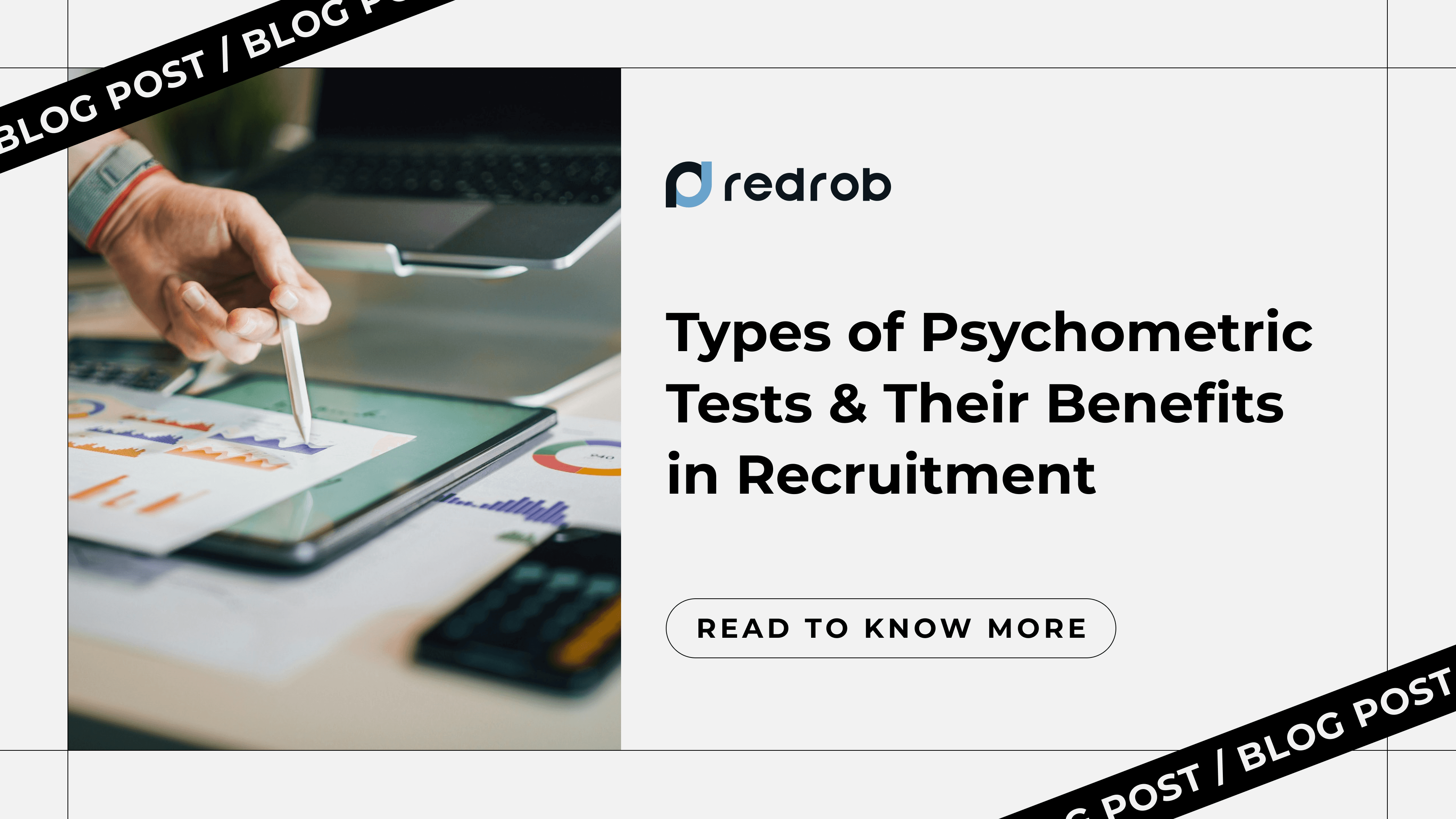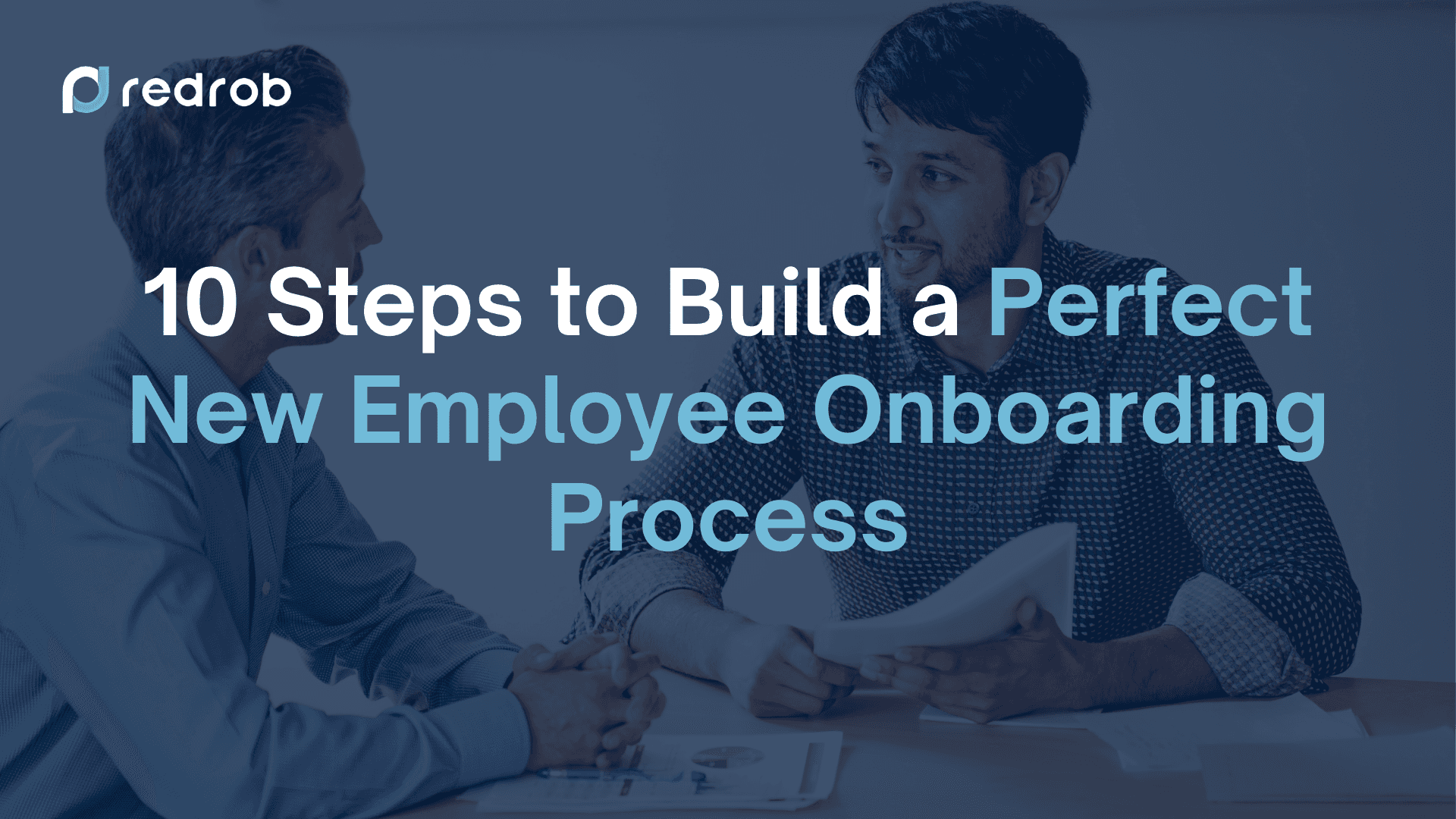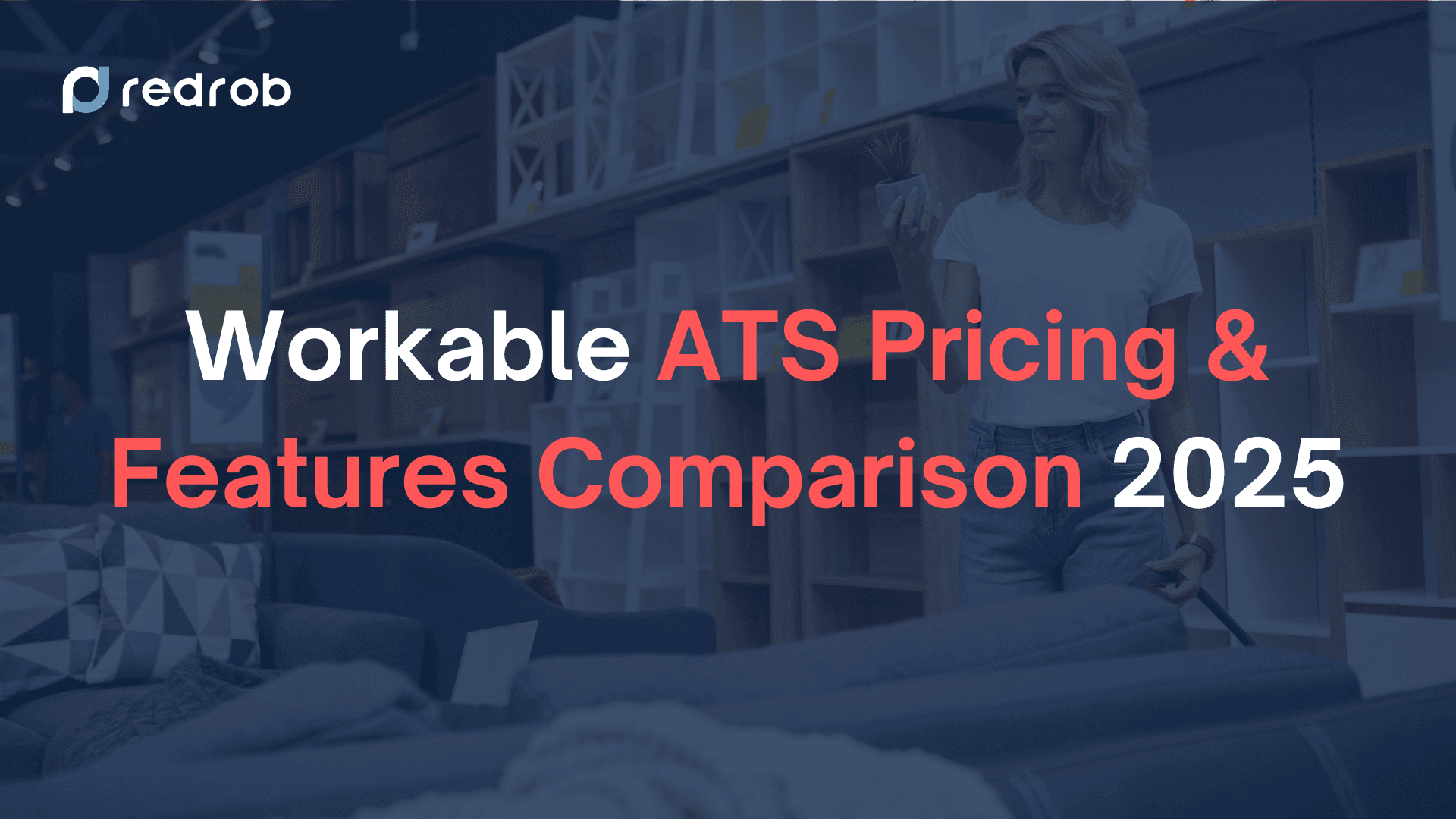Psychometric
•
Aug 16, 2024

Soumyata Singh
Companies often face challenges while finding the right candidates for the said job position. Well, this is not because there is some lack of qualified candidates, but because their hiring method needs to be modified.
As traditional hiring methods are time-consuming and also require a lot of resources, various recruiting teams across India have introduced tests like psychometric tests in their hiring practices. Adapting to such modern practices not only makes the process much easier but also more effective.
Let’s explore how many diverse types of psychometric tests are there and how they can benefit companies.
What is a Psychometric Test?
A psychometric test, like other online assessment tests, is a tool for getting to know applicants and their skills better. Recruiters all over India use it to choose the right fit for jobs. These tests check a person’s skills, personality, and behavior to make sure their abilities are ideal for the job position and the company.
They provide clear and fair insights that help in comparing different candidates. This way, recruiters can make better choices without being unjust to any applicant.
Redrob’s psychometric tests are one of the most reliable and helpful assessment tools in finding potential employees who will be the best fit for the position and the company.
What are the Different Types of Psychometric Tests?
Psychometric tests are of various types, each serving its unique purpose in defining a candidate's personality. Each type of psychometric test focuses on different aspects of an applicant’s psychological profile, from reasoning abilities to personality traits.
Personality Testing
Personality testing is an important part of psychometric tests. Companies use it to understand the character traits and behavioral tendencies of the applicants.
When hiring a candidate, it is not enough to just know about the technical skills. Understanding about their personality is as important. For a healthy and efficient work environment, it is necessary to avoid toxic personalities.
Personality Profiler Test
The personality profiler test is based on a model known as the ‘Big Five’ and implies how five major aspects of an applicant’s personality should be examined. This sort of test focuses on the good traits people have, helping companies figure out who might be a good leader or fit well in higher positions. It’s a useful tool for seeing how someone's personality might help them do well at work.
Personality Mapping Test
The personality mapping test uses charts or graphs to portray applicants’ personality traits and how they behave in certain circumstances.
It's based on solid research and gives a detailed insight into traits important for work environments, especially in high-level jobs and training programs.
It focuses on good traits and is great for improving self-awareness and understanding how people work together in teams. This visual method makes it easy to see how different traits might affect a person's actions at work.
Personality Inventory Test
A personality inventory test evaluates key personality traits required for specific job roles. It's designed in a way to portray how likely someone is to succeed in their job position by examining their behavioral skills, which are vital for achieving desired outcomes at work.
His test is especially useful for hiring people in entry-level positions. It gives employers clear and direct information about a candidate's personality, focusing on their strengths. It’s widely used in hiring processes and for evaluating employees.
Dark Personality Traits
This test is designed to spot negative traits in job candidates and current employees. It checks for six specific traits: Opportunism, Self-Obsession, Insensitivity, Temperamental, Impulsiveness, and Thrill-Seeking.
Identifying these traits helps keep the workplace safe, especially in customer-facing jobs where such behaviors could harm customer safety and company assets.
Sales Profiler Test
The Sales Profiler Test is designed to test people to know whether they are good at sales. It examines necessary selling skills that are useful for all kinds of sales jobs, whether it’s selling shoes in a store, renting out houses, or dealing with complex IT sales to top executives.
Psychometric Aptitude Testing
Well, just like personality testing, aptitude testing helps recruiters see the level of ability a candidate has for problem-solving, logical thinking, and decision-making.
These tests show if a person is logically skilled enough to be hired in the said job position. As more companies want to hire the best people, they are increasingly using aptitude tests to choose candidates who can do the job well.
Numerical Reasoning Assessments
Numerical Reasoning Assessments test the candidates’ ability to work with numbers. These tests check if a person can analyze data, solve problems, and make sense of information presented in charts and graphs.
They are especially important for jobs that deal a lot with numbers, like finance or data analysis. Employers use these tests to find candidates who can handle financial reports, performance figures, and other numerical data to help the company make informed decisions and track progress toward its goals.
Verbal Reasoning Assessments
These tests usually involve tasks like filling in blanks in sentences or figuring out word analogies to check a person's language and thinking skills.
They're important for jobs with a lot of reading or writing work as they help employers see if candidates can handle and make sense of information quickly and accurately.
By using these tests, companies can make sure that the people they hire are good at processing and responding to written communication, which is key for many professional roles.
Inductive Reasoning Test
Inductive Reasoning Tests are used to see if someone can think logically and solve problems, especially in technical or engineering jobs. In these tests, candidates look at patterns in pictures or diagrams and figure out what comes next or how they're connected.
These tests are often used with other tests that check math and language skills to fully assess a candidate's abilities. When taking these tests, candidates need to be both quick and accurate, as they are scored on how fast they solve the problems and how correct their answers are.
Deductive Reasoning Test
Deductive Reasoning Tests check if a candidate can think logically to reach correct conclusions based on specific information provided. These tests are especially important for jobs in engineering and IT, where making accurate decisions based on logic is essential.
Candidates might see a few statements and need to decide what logically follows from them. For instance, they might use syllogisms, which are logic puzzles where you deduce truth from two or more given facts. These tests help employers see how well someone can analyze data and make sound conclusions.
Logical Reasoning Test
These assessments are designed to evaluate applicants' ability to analyze and structure information logically. These nonverbal tests ask individuals to break down complex information into simpler parts and understand the connections between different pieces of data.
Candidates need to look at information from various angles to find a solution. By observing how someone processes information, employers can assess their problem-solving and logical thinking skills, which are asked for many jobs.
Diagrammatic Reasoning Test
These tests are essential for jobs that require strong problem-solving skills and the ability to analyze complex visual information.
These reasoning tests are great for companies that require employees who are amazing at diagrammatic work. Interpreting diagrams and flowcharts while identifying logical sequences is the primary objective of this test.
This is particularly important in fields such as engineering, programming, and analytics, where understanding and solving problems based on visual cues is crucial.
Abstract Reasoning Test
These tests require a person to think outside the box and use creative thinking to solve problems using abstract shapes and designs. They test how flexible someone's thinking is and how quickly they can grasp complex ideas.
These tests challenge a person to think creatively and use lateral thinking to solve problems with abstract shapes and designs. This is especially valuable for jobs that need innovative problem-solving abilities and the skill to adjust to new challenges and information quickly.
Situational Judgement Test
These tests present candidates with job-related circumstances and ask them to choose the best response from several provided options. These tests examine candidates' decision-making, problem-solving, and interacting abilities.
They show how a candidate might deal with challenges at work. These are important for figuring out how well a person will perform in jobs that require handling relationships, solving conflicts, and working well with others. They help employers understand if a candidate has the right skills for the job.
Behavior Testing
Behavior testing is all about understanding how a candidate is likely to act in different situations, such as handling stress, working in a team, or dealing with challenges. Just like other psychometric tests, this also comprises various sub-tests.
Having a better understanding of candidates' behavioral tendencies, these tests help recruiters make better hiring decisions.
Situational Judgement Tests:
Situational Judgment Tests (SJTs) are designed to provide applicants with imaginary or fictional work challenges, asking them to pick the best possible response from a few choices.
These tests help see how well someone can make decisions, solve problems, and get along with others at work. By looking at how candidates handle these scenarios, employers can tell if they have the practical skills needed to do well in their jobs.
Group Assessments:
In these tests, various candidates are placed in a group setting and are asked to solve a problem or complete a project together. This type of test assesses their ability to work as a team and shows the kind of part they play in a team.
It lets recruiters observe how well they interact, lead, follow, and contribute to the group, giving insights into their teamwork and communication abilities. These assessments are great for spotting people who are good at cooperating and leading within a team.
Role Play Assessments:
In role-play assessments, candidates act out scenarios where they must handle real-life work situations as they would in the workplace. These tests are particularly useful for roles that involve talking to customers, solving conflicts, or negotiating.
This gives a clear idea of a candidate's ability to manage and respond to work-related challenges, helping to identify those who are well-suited for roles that require strong interpersonal skills.
Emotional Intelligence Testing
As businesses increasingly value emotional intelligence for teamwork and leadership roles, more companies are adopting these tests to find candidates who can build strong relationships and handle workplace challenges effectively. It looks at skills like empathy, self-control, and social awareness.
Self-awareness Assessment
The Self-Awareness Test measures your ability to understand your emotions, strengths, weaknesses, values, and motives. It can assess your emotional state and its impact on your thoughts, actions, and interactions with others.
This test helps determine if you maintain a realistic self-view, which is crucial for personal growth, decision-making, and building strong relationships. High self-awareness is key to effective emotional intelligence.
Self-regulation Assessment
This self-regulation assessment tests your ability to remain cool, adapt to changes, and consider before reacting. Evaluating your ability to manage yourself, become resilient, and manage flexibly, this test stands out as a necessary part of psychometric tests.
This tests how balanced a candidate can be while working by making effective judgments about them. These can judge appropriately how a person can react in a pressurized environment.
Motivation Assessment
The Motivation test checks how much you’re driven to achieve your goals for reasons beyond just rewards like money or recognition. It looks at your passion for growth, how you handle challenges, and your commitment to self-improvement.
Strong motivation means you’re likely to stay positive, keep learning, and work hard to reach your long-term goals, even when things get tough.
Social skills assessment
The Social Skills test assesses how well you interact and communicate with others. It looks at how good you are at managing relationships, building connections, and working with different people.
Strong social skills are important for leading, working in teams, and creating good relationships in both work and personal life. This test helps you understand how effectively you can connect with and support others in various situations.
Benefits of Psychometric Tests for Recruiters
Today, many companies are using psychometric tests to find the right people for jobs. These tests provide an all-in-one assessment to check a person's skills and personality and provide feedback on how well they might fit with the team.
This makes hiring faster and easier, helping companies choose the best candidates who will do well in their roles. Here are the major benefits that companies are enjoying by using Redrob’s Psychometric tests:
Better Candidate Fit:
Psychometric tests help identify candidates whose personalities, skills, and values align with the company culture and job requirements, reducing turnover and improving long-term retention.
Objective Hiring Decisions:
By providing unbiased data on a candidate’s abilities and traits, these tests support more objective and fair hiring decisions, minimizing unconscious bias in recruitment.
Improved Team Dynamics:
Psychometric assessments help in selecting candidates who complement existing team members, fostering better collaboration, communication, and overall team performance.
Efficiency in Recruitment:
These tests streamline the recruitment process by quickly filtering out unsuitable candidates, saving time and resources by focusing only on the most promising applicants.
Predicting Job Performance:
Psychometric tests can predict how well candidates will perform in specific roles, leading to more successful hires and higher productivity within the company.



